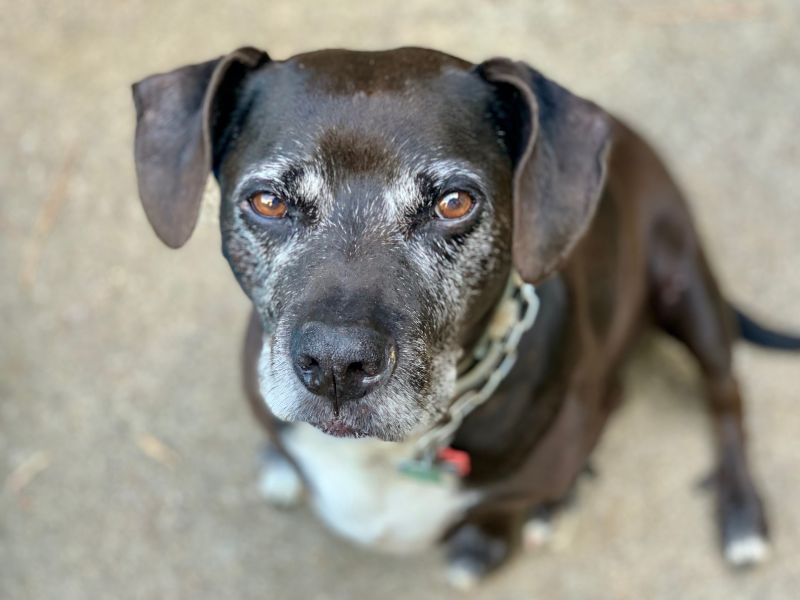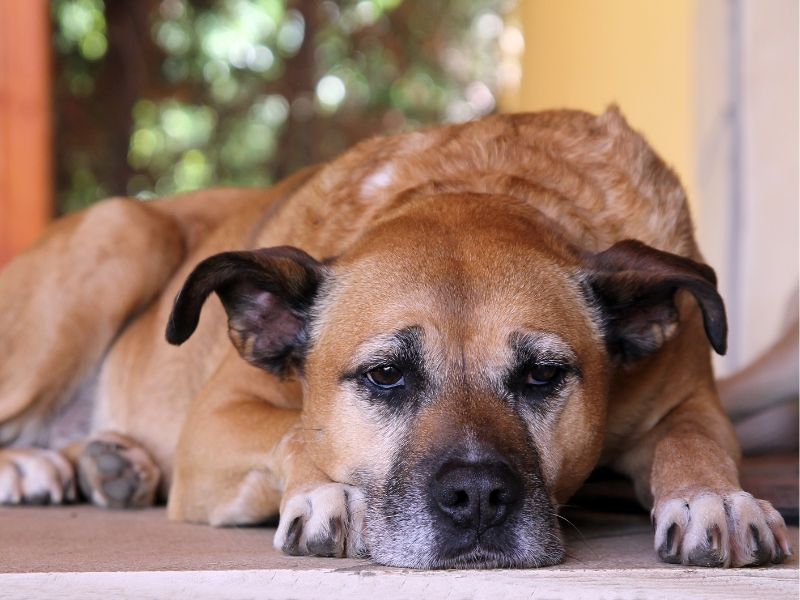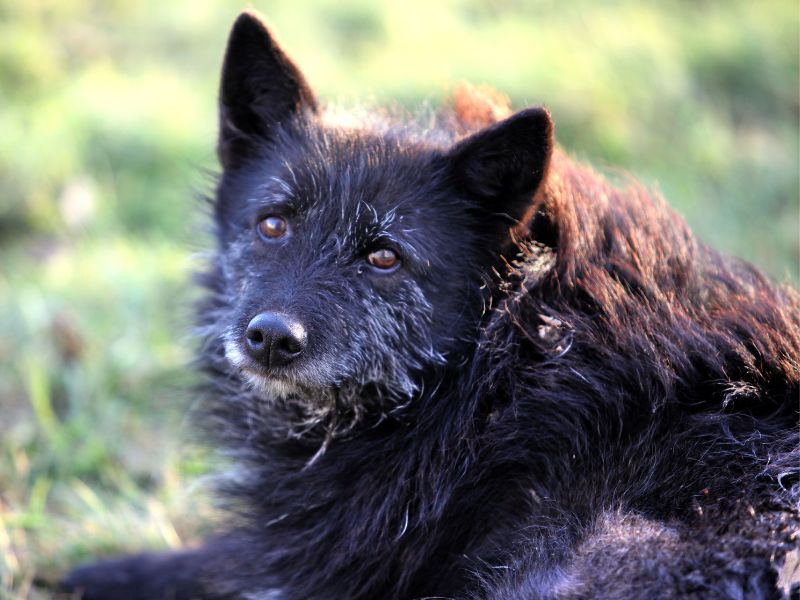There are no better loving and loyal companions than an old dog, but as dogs age, they do need some special care to keep healthy and happy. Taking a bit more time is essential for maintaining the wellbeing of an older dog, ensuring its later years are lived out in comfort. A good nutritious balanced diet, regular exercise, suited to the dogs age, and regular check-ups at the vet if required, will keep your older dog in good health and happy for years to come.
What Age Is Considered Very Old for A Dog?
How old you determine your dog will depend on a few factors; different breeds tend to have different lifespans. Some longer, some shorter. For example, a Great Dane may only live from seven to ten years, so an older Great Dane, we could say, is probably from six years on. Smaller dogs tend to live longer, a Chihuahua, for example, may live up to 16 years. Therefore, we could say that any Chihuahua over 13 years is definitely an older dog. As well as lifespan, external factors could also have a bearing on your dogs life and whether it would be deemed older or not; lifestyle, climate, diet, can all affect a dogs life, so a younger dog that has had a hard working life may appear older than an elderly dog that has had an easy life. In reality, you will know if your dog is old because it will start to look older, become slower, and sleep longer.

Do Dogs Know They Are Old?
This is an important question to ask. A dog that is, in its owner’s opinion, old, may not feel old. How does a dog determine, your dog has really no concept of months and years. Your dog may sense it cannot chase the birds or a cat as quickly as it may have when younger, but how can your dog associate this with age. It certainly will be older, but does it feel older?
There are a range of factors that can affect a dog’s physical and mental wellbeing; age alone is not enough, we have to consider the breed of the dog, the environment, the climate, and the life the dog has led up until now. With age a dog may become slower, be less alert, they may suffer aches and pains in joints, and want to sleep more often for longer. Whether the dog realises this is because of age and it is now old is not really the point, the fact is that the dog is now old, whether it realises that in its own mind or not.
What To Expect from An Aging Dog?
While many dogs are happy to stay at home and receive lots of love and attention as they get older, others may still have the inclinations of a younger dog. You will have to adjust to the dog, rather than having the dog adjust to suit you. Some dogs who are very old, will want to eat as usual, drink, and go for regular walks, while others will obviously slow down. If your senior dog is not eating as well, or drinking much, they may be in discomfort. It is worth keeping an extra eye on them to ensure they eat and drink enough. If your dog is taking a nap more often, it may be in pain, so it is important to monitor them and make sure they are okay. While it can be inconvenient to adjust your routine to suit your older dog, it is important to remember that your dog is not the same as they were when they were younger. They are likely to be less energetic and more prone to aches and pains. They may also have reduced mobility, which makes those longer walks it once liked harder for them. This is when perhaps shorter, more frequent walks maybe suit your older dog better.

See Also: My Fussy Dog Won’t Eat – What to Do?
And: Which Large Dog Breed Lives the Longest?
When Should I Be Concerned About My Old Dog?
As your dog grows older, there a few signs that you should look out for that may be concerning. For example, trouble walking any distance at all, hesitancy going up and down stairs, perhaps no longer able to jump in the back of the car. Less of a spring in your dog’s step could be a sign of arthritis. If your dog’s coat becomes dull, or they excessively shed hair, or you notice problems with your dog’s toilet, it could be a sign of a growing age-related health problem. Any of these signs should be investigated by taking your pet to the vet for check-up. Early diagnosis of many ailments could help your dog by offering relief if it is in pain, or even a simple change in diet may help alleviate some discomfort your dog is going through.
Conclusion
A dog is a wonderful companion that may be with you and your family for years. In fact, the dog will become one of the family. It is important to realize though, that after many years, they will require some extra care and attention. It is more important with an older dog to ensure it has a balanced nutrition diet, regular exercise, and especially a visit to the vet if you notice any worrying behavior or symptoms that may concern you.
An old dog can still live a long and happy life, and with the right care and attention, with a bit of extra love and affection, they can stay a cherished family member for years to come.

